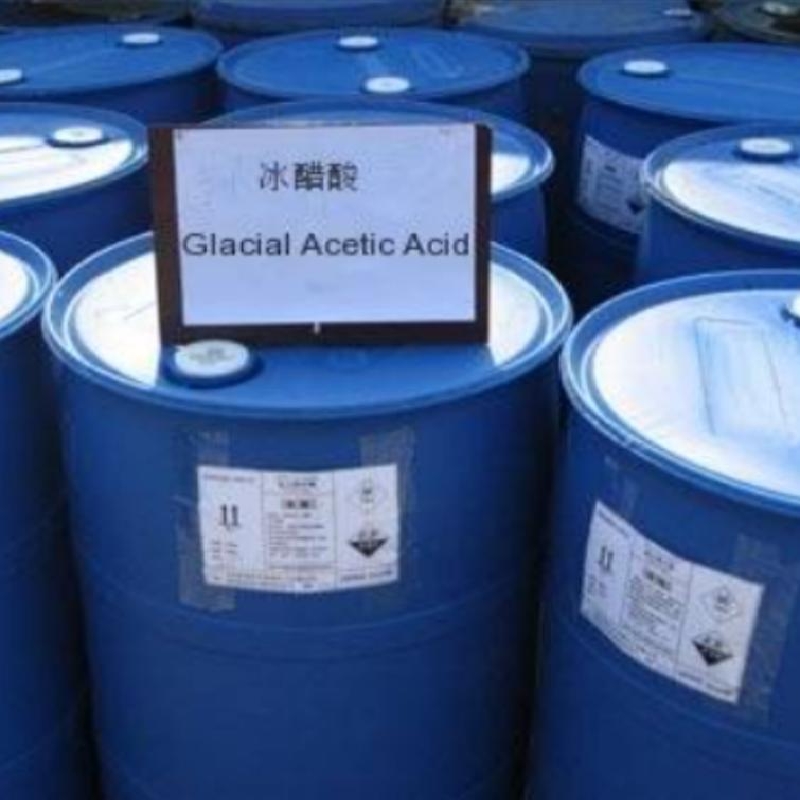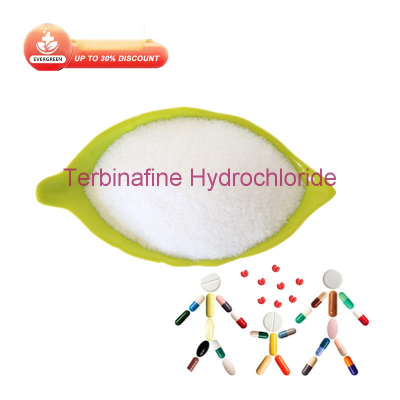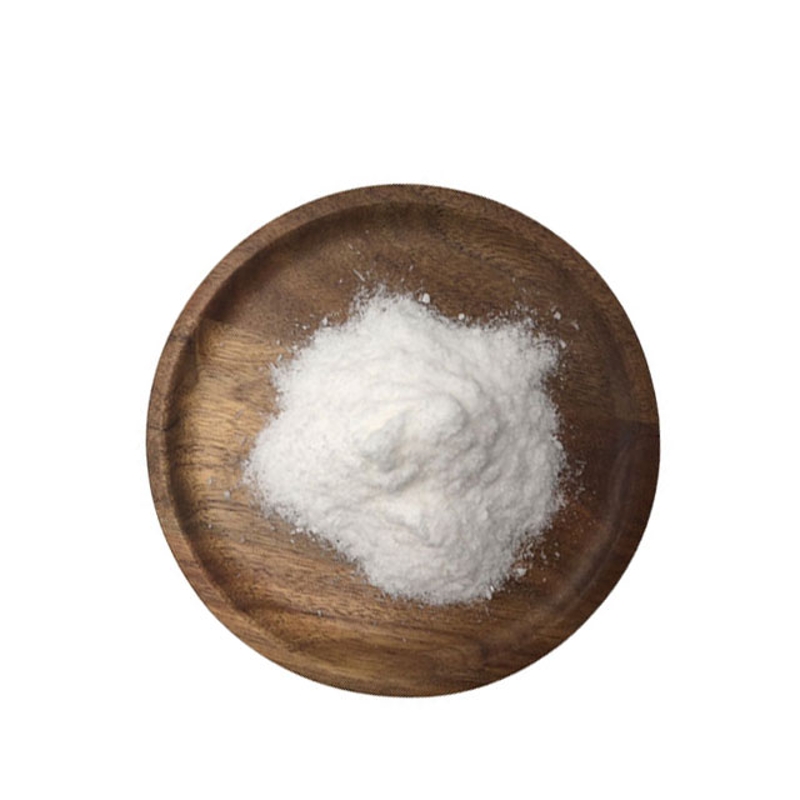-
Categories
-
Pharmaceutical Intermediates
-
Active Pharmaceutical Ingredients
-
Food Additives
- Industrial Coatings
- Agrochemicals
- Dyes and Pigments
- Surfactant
- Flavors and Fragrances
- Chemical Reagents
- Catalyst and Auxiliary
- Natural Products
- Inorganic Chemistry
-
Organic Chemistry
-
Biochemical Engineering
- Analytical Chemistry
- Cosmetic Ingredient
-
Pharmaceutical Intermediates
Promotion
ECHEMI Mall
Wholesale
Weekly Price
Exhibition
News
-
Trade Service
1. DoI: https://doi.org/10.1016/S0140-6736 (20)31953-X Currently, first-line new complementary chemotherapy programs for patients with early triple negative breast cancer (TNBC) include cyclocycline-cyclophosphamide and yew-type chemotherapy.
in the IMpassion031 study, the researchers looked at the effectiveness of art-beaded monoantigen-binding yew alcohol-amycin-cyclophosphamide as a new complementary treatment for early TNBC.
This Phase III clinical study was conducted at 75 medical centers in 13 countries, involving untreated Phase II-III TNBC patients over the age of 18, in albumin-binding yew alcohol (125mg/m2, once a week for 12 weeks) - amycin (60mg/m 2, 1 every 2 weeks for 8 weeks) - Cyclophosphamide (600 mg/m 2, 1 every 2 weeks for 8 weeks) was treated on the basis of random 840mg attaind monotherapy or placebo, once every 2 weeks.
end point of this study is pathological complete response.
333 patients were involved in the study, including 165 in the Artjud single resistance group and 168 in the placebo group.
20.6 months in the art-pearl monoanto-resistance group and 19.8 months in the placebo group.
fully responded to histological pathology in 95 patients in the Arteju single resistance group and 69 in the placebo group (58% vs 41%).
in the PD-L1-positive subgroup, 69 percent of patients in the Atzhu monoantiasis group achieved a complete response to histological pathology, and 49 percent in the placebo group.
the study period, 37 patients in the attentive monotherapy group had severe adverse events related to treatment at level 3-4, 26 patients in the placebo group (23% vs. 16%), and 1 patient in each group had level 5 adverse events.
2: ECMO-supported treatment reduces mortality in patients with severe neo-coronary pneumonia DOI: https://doi.org/10.1016/S0140-6736 (20)20) More than 32008-0 mainstream health organizations recommend the use of in vitro membrane pulmonary oxygenation (ECMO) to provide continuous in vitro breathing and circulation to patients with COVID-19-related acute hypoxemia respiratory failure to sustain patient life.
, there has been no large-scale international cohort study of ECMO for COVID-19.
researchers collected data on COVID-19 patients (≥16 years of age) treated with ECMO-supported treatment in 213 hospitals in 36 countries between January 16 and May 1, 2020.
the main endpoint is the in-hospital mortality rate within 90 days of ecMO application.
a total of 1,035 COVID-19 patients supported by ECMO were included in the analysis, of which 67 (6%) were still not discharged, 311 (30%) were discharged or transferred to acute rehabilitation centres, 101 (10%) were discharged into long-term acute care centres or uns designated locations, 176 (17%) were transferred to other hospitals and 380 (37%) died.
37.4% of hospital deaths in the 90 days after ECMO was activated.
39 per cent (380/968) was among the 67 patients who had not yet been discharged from hospital.
use of ECMO for cycling support was independently associated with higher mortality rates in the hospital.
patients receiving respiratory (intravenous) ECMO with acute respiratory distress syndrome characterized by COVID-19, the estimated cumulative rate of in-hospital mortality 90 days after ECMO start-up was 38.0%.
coVID-19 patients who received ECMO support were estimated to have a mortality rate of less than 40% within 90 days.
: Double antiplate plateroid therapy "dose reduction strategy" can improve PCI postoperative prognosis DOI in patients with acute coronary syndrome: https://doi.org/10.1016/S0140- Patients with acute coronary syndrome who received treatment with coronary artery intervention (PCI) at 6736 (20) 31791-8 were recommended for up to one year with double antiplate plate plate therapy based on P2Y12 inhibitors.
the greatest benefit of this P2Y12 inhibitor is in the early stages of medication, and the risk of haemorrhage increases as the duration of the drug increases.
but the downgrade of antiplate plateroid therapy may provide the best balance between isoemia and bleeding.
recently looked at the safety and effective-based dose reduction therapy.
THE HOST-REDUCE-POLYTECH-ACS trial was conducted in Korea and recruited patients with acute coronary syndrome who received PCI in accordance with Pragray's adaptive syndrome, randomly divided into dose reduction or routine groups.
month after treatment with 10 mg Pragre and aspirin 100 mg (1/day), the dose reduction group changed to 5 mg and the regular group remained unchanged.
the main endpoint of the disease is a year of net adverse clinical events (all due to death, non-fatal myocardial infarction, stent thrombosis, repeated vascular reconstruction, stroke and ≥flow of level 2).
secondary endpoints are therapeutic prognosis (heart-sourced death, myocardial infarction, stent thrombosis and ischemic stroke) and safe prognosis (≥2 hemorrhage).
2338 patients were involved in the study, which was divided into a dose reduction group (n-1170) or a regular group (n-1168).
82 patients (7.2%) had a primary endpoint in the dose reduction group, compared with 116 patients in the conventional group (10.1%, with an absolute risk difference of -2.9%; and a risk ratio of 0.70).
was not increased (0.76) in the dose reduction group compared to the regular group, and the risk of bleeding events was significantly reduced (0.48).
MedSci Original Source: MedSci Original Copyright Notice: All text, images and audio and video materials on this website that state "Source: Mets Medicine" or "Source: MedSci Originals" are owned by Mets Medicine and are not authorized to be reproduced by any media, website or individual, and are authorized to be reproduced with the words "Source: Mets Medicine".
all reprinted articles on this website are for the purpose of transmitting more information and clearly indicate the source and author, and media or individuals who do not wish to be reproduced may contact us and we will delete them immediately.
at the same time reproduced content does not represent the position of this site.
leave a message here.







